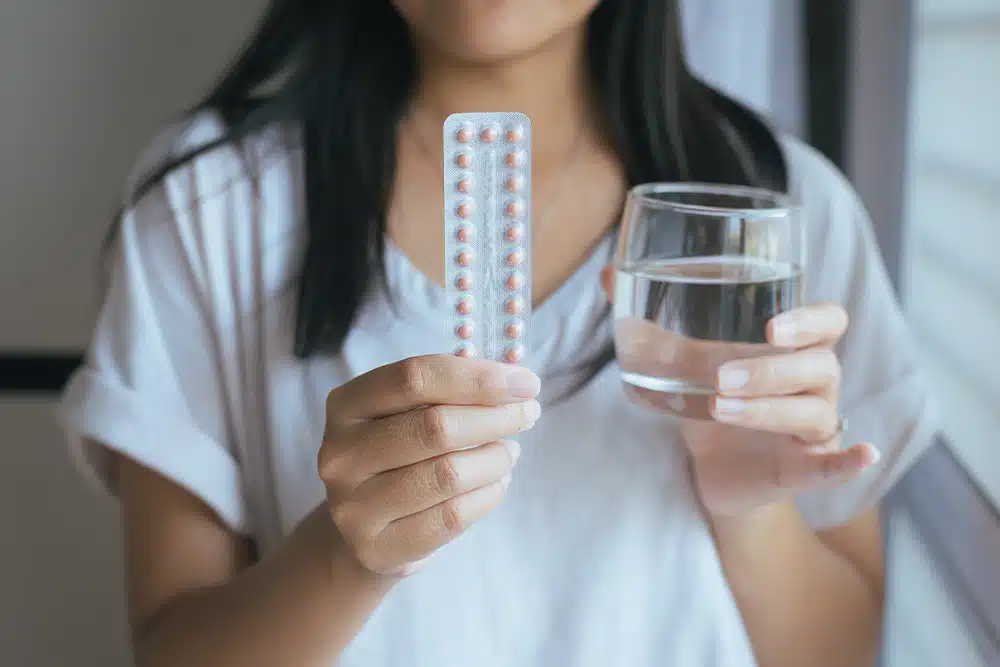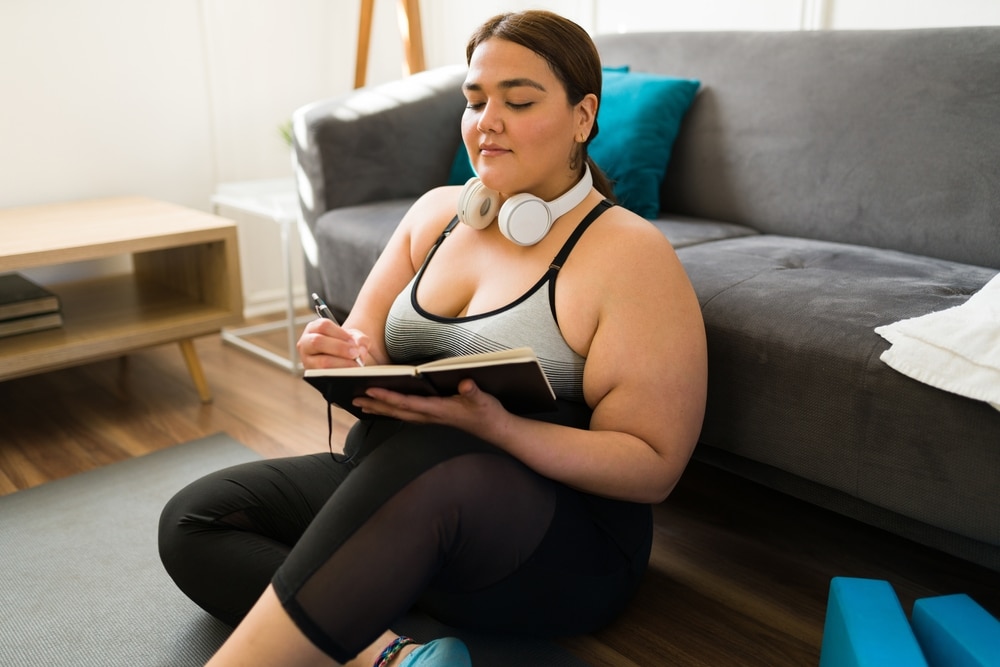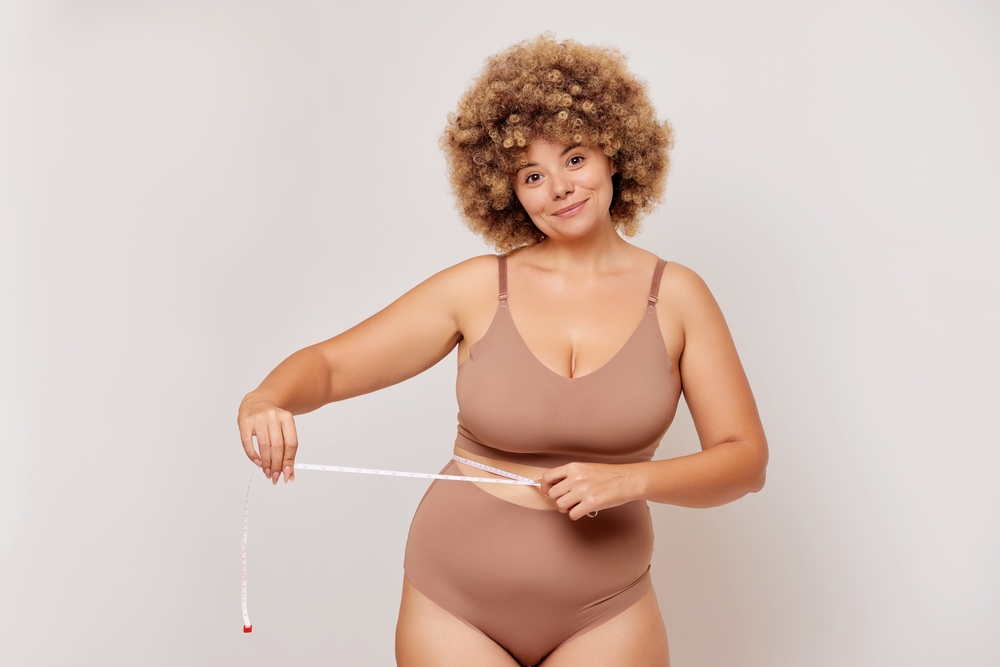Dealing with acne can be a frustrating experience, regardless of age. Fortunately, medical advancements have provided us with a solution that helps prevent pregnancy and addresses the root cause of acne. We’re talking about the best hormonal contraceptives for acne. This powerful contraceptive can help balance hormones and clear up your skin, giving you the radiance you deserve. So, if you’ve tried almost everything and you’re looking for a long-term acne solution, it’s time to learn more about the best birth control pill for acne treatment.
First, an introduction to birth control pills
Birth control pills, also known as oral contraceptives, are a widely used form of birth control that prevent pregnancy by inhibiting ovulation. These tiny pills contain synthetic hormones that regulate the menstrual cycle and prevent the release of eggs from the ovaries.
Birth control medications have been available since the 1960s and have undergone significant improvements, including the development of low-dose formulations with fewer side effects. They are a popular choice among women who want to take control of their reproductive health and plan their families on their terms.
Aside from preventing unwanted pregnancy, birth control pills can also provide other benefits, such as regulating menstrual cycles, reducing menstrual cramps, and improving acne. However, it’s important to note that birth control pills don’t protect against sexually transmitted infections (STIs).
So, what causes acne?
Acne is a skin condition that occurs when hair follicles become clogged with oil and dead skin cells. This can lead to skin blemishes, pimples, blackheads, and whiteheads, as well as inflammation and redness in the affected areas. Acne most commonly appears on the face; however, it can also occur on the neck, chest, back, and shoulders. It can be classified as anything from mild to severe acne and can cause emotional distress and self-esteem issues.
As for the cause of acne; it can stem from various factors, including:
Hormonal changes: Fluctuations in hormone levels, particularly an increase in androgens (male hormones), can cause hormonal acne. This can occur during puberty, menstruation, pregnancy, and menopause.
Genetics: Acne often runs in families, suggesting that genetics may play a role in the development of the condition. If you have a family history of acne, there’s a higher risk that you will experience it.
Bacteria: The skin is home to a type of bacteria called Propionibacterium acnes, which can contribute to the development of acne.
Clogged pores: When pores become clogged with oil and dead skin cells, it creates an environment for bacteria to thrive and lead to acne.
Irritation: Skin irritation from things like rubbing, scratching, or exposure to certain products can also contribute to the development of acne.
Stress: High-stress levels can trigger the release of hormones that contribute to or worsen acne.
Certain medications: Some medications can cause acne as a side effect.
At the end of the day, acne is a complex condition with multiple contributing factors. Understanding the underlying causes of acne can help guide treatment options and management strategies.
Do birth control pills help acne?
Yes, since acne is often caused by hormonal fluctuations, birth control pills can be used to treat acne (1).
Birth control pills contain synthetic hormones – estrogen and progestin – that can help regulate hormone levels and reduce acne breakouts. These hormones work together to suppress the production of androgens and decrease sebum production in the skin. Sebum is an oily substance produced by the sebaceous glands in the skin, and excess sebum production can lead to clogged pores and acne.
Types of birth control pills that treat acne
In Australia, several types of birth control pills can potentially help treat acne. These include:
Combined oral contraceptives (COCs)
Combination pills are a type of oral contraception that contain a combination of estrogen and progestin hormones. These hormones can help to regulate the menstrual cycle and reduce the production of androgens (male hormones) that can contribute to acne and decrease inflammation in the skin.
The combination pill is often prescribed to treat acne in women who have hormonal acne. Some forms of combination birth control pills are even specifically approved by regulatory agencies for the treatment of acne.
Progestin-only pills (POPs)
Progestin-only pills (POPs), also known as the “mini-pill,” are a type of birth control pill containing only the progestin hormone, without any estrogen. These birth control pills work primarily by thickening cervical mucus to prevent sperm from reaching the uterus; however, they can also affect acne.
Just like the combination birth control pill, POPs are often prescribed to women dealing with hormonal acne. This is due to the ability of progestin to reduce the production of androgens, which can contribute to acne.
However, it’s important to note that POPs are generally less effective in treating acne than combined oral contraceptives (COCs) that contain both estrogen and progestin hormones. Additionally, POPs may not be suitable for all women, particularly those with a history of blood clots or certain other medical conditions.
Note that not all types of birth control pills are equally effective for acne treatment, and individual results may vary. Additionally, birth control pills may not be appropriate for all women, and there are potential risks and side effects to consider. It’s important to consult with your healthcare provider to determine the best treatment options for your individual needs.
What is the best birth control pill for acne?
There is no single “best” birth control pill for acne that works for everyone, as individual results may vary. However, some types of birth control pills may be more effective than others for treating acne.
Combination birth control pills are generally considered more effective than progestin-only pills for acne treatment. In particular, pills containing progestins such as levonorgestrel, norgestimate, or drospirenone may be more effective in reducing acne breakouts.
How long does it take for birth control pills to clear acne?
The length of time it takes for birth control pills to clear acne can vary depending on several factors, including the severity of the acne, the type of birth control pill used, and individual differences in hormone levels and skin sensitivity.
In general, it may take several months for birth control pills to have a noticeable effect on acne (2). This is because it takes time for hormone levels to regulate and for sebum production to decrease. Some women may see improvement in their acne after a few months of taking birth control pills, while others may need to continue taking them for 6 to 12 months or longer to see significant improvement.
It’s also important to note that not all women will see improvement in their acne with birth control pills. In some cases, other acne treatments may be needed in addition to or instead of birth control pills.
Potential side effects of taking birth control pills for acne
While birth control pills can be an effective treatment option for acne, there are potential side effects to consider (3). These can include:
- Nausea: Some women may experience nausea when they first start taking birth control pills. This symptom usually goes away within a few weeks.
- Headaches: Birth control pills can cause migraine headaches, especially in the first few months of use.
- Mood changes: Some women may experience mood changes or depression when taking birth control pills.
- Weight changes: Birth control pills can cause weight gain or weight loss in some women.
- Changes in libido: Some women may experience changes in their sex drive when taking birth control pills.
- Blood clots: Birth control pills can increase the risk of blood clots, which can be potentially serious. However, this risk is generally low, especially for women who do not have other risk factors for blood clots.
- Breast tenderness: Breast tenderness or soreness is a common side effect of taking birth control pills, particularly in the first few months of use. The hormones in birth control pills can cause fluid retention and swelling in breast tissue, leading to tenderness, soreness, or even pain.
Not all women will experience these side effects, and the severity of side effects can vary depending on individual factors such as age, health history, and lifestyle habits. Additionally, there may be other potential risks or side effects, depending on the specific birth control pill used.
Other ways to treat adult acne
Hormonal birth control pills aside, there are many ways to treat adult acne, including the following (4):
Topical treatments
Over-the-counter or prescription topical medications can be effective in treating acne. These include products containing benzoyl peroxide, salicylic acid, or retinoids. Topical acne treatments generally work by reducing inflammation and unclogging pores.
Antibiotics
A healthcare provider can prescribe oral or topical antibiotics to reduce inflammation and kill bacteria that contribute to acne.
Chemical peels
Chemical peels can help to exfoliate the skin and unclog pores. They work by using a chemical solution to remove the top layer of skin, revealing smoother, clearer skin underneath.
Laser therapy
Laser therapy can be used to target and destroy the bacteria that contribute to acne, as well as reduce inflammation in the skin.
Lifestyle changes
Simple lifestyle changes can also help to reduce acne. This includes washing your face regularly, avoiding touching your face, and avoiding products that clog pores.
Dietary changes
Certain foods may contribute to acne, so making dietary changes may help to improve acne. This includes limiting the intake of dairy and high-glycemic-index foods.
It’s important to note that different treatments work for different people, so it’s important to work with a healthcare provider to determine the best treatment plan for your individual needs. Additionally, it may take some time to see improvement in acne, so patience and persistence are key.
We’re here to help!
Acne flares got you down? Dreaming of clear skin? At hub.health, we’re here to help you take care of your skin with easy access to prescription acne treatments online with delivery to your door.
Sources:
National Library of Medicine. Acne: Research summaries – Which birth control pills can help reduce acne? [internet]. 2022 [cited 25 July 24]. Available from: https://www.ncbi.nlm.nih.gov/books/NBK279209/
American Academy of Dermatology. STUBBORN ACNE? HORMONAL THERAPY MAY HELP [internet]. 2024 [cited 25 July 24]. Available from: https://www.aad.org/public/diseases/acne/derm-treat/hormonal-therapy
Medical News Today. How can birth control help with acne? [internet]. 2019 [cited 25 July 24]. Available from: https://www.medicalnewstoday.com/articles/326473
National Library of Medicine. Management of acne [internet]. 2011 [cited 25 July 24]. Available from: https://www.ncbi.nlm.nih.gov/pmc/articles/PMC3080563/





